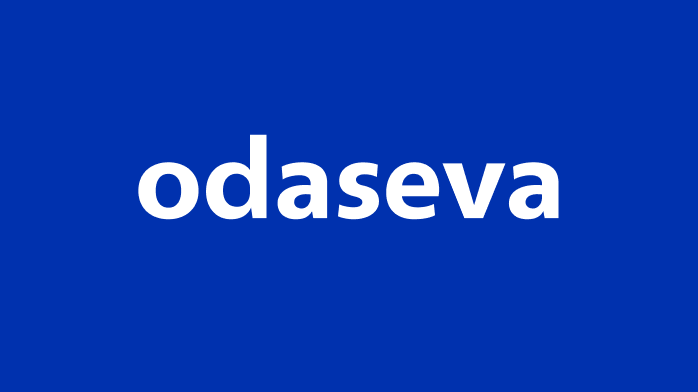
As data becomes a cornerstone for many organizations, securing data is no longer a luxury, but a necessity, especially with upcoming GDPR regulations set to go into effect. Companies today are challenged with the need to get the most use out of their data and securing that data, all while being compliant with industry and country regulations.
With the new year comes new threats and regulations surrounding data. Here are our four data governance predictions for 2018.
The severity of data breaches will increase due to the amount of threats and the evolving nature of them. In 2016, there were 1,093 data breaches, which was a 40 percent increase from 2015, according to the Identity Theft Resource Center. In 2017, that number was almost reached by July. Because of the increasing number of threats, it’s important for companies to have a simple, holistic approach to protect and backup data across the entire company.
In 2017, 69% of companies believed data protection, data privacy and compliance were the responsibility of the cloud service provider, according to Veritas.
The problem is, security varies depending on cloud service providers and choices made when building the product.
This can significantly expose organizations to security loopholes.
In 2018, with the continue increase of data breaches, IT will take security into their own hands, especially as it pertains to third-party providers of cloud technology.
GDPR is the most significant regulation regarding data privacy and protection. Set to go into effect on May 25, 2018, 31 percent of companies worldwide surveyed by Veritas say they are in compliance. Yet Veritas says only 2 percent are really compliant. Nearly half (48 percent) of surveyed organizations who stated they are compliant do not have full visibility over personal data loss incidents. Plus, 61 percent admitted that it is difficult for their organization to identify and report a personal data breach within 72 hours of awareness, which is a mandatory GDPR requirement where there is a risk to data subjects.
Gartner predicted in 2015: “By 2018, 50 percent of enterprises with more than 1,000 users will use cloud access security broker products to monitor and manage their use of SaaS and other forms of public cloud, reflecting the growing recognition that although clouds are usually secure, the secure use of public clouds requires explicit effort on the part of the cloud customer.”
2018 will prove them right: with the raising of Cloud industry, the increasing number of data breaches and the need for speed regarding the GDPR deadline; companies will rely on security and GDPR specialists to help them protect their most critical asset, their data.
It might sound counterintuitive at first but our industry needs to look at regulations and best practices as an opportunity and not a constraint.
With the number of data breaches increasing and the misuse of personal data, the public has become more sensitive and even defiant when it comes to the unregulated sharing of their personal data. As a matter of fact, privacy and trust are essential to a company’s reputation. The ability to guarantee to customers and partners that their data is safe and is used carefully and with their consent will become a priority for every company in 2018.
In your journey to become GDPR compliant, you will create more trust with your customers.
You might consider building rules and processes in your Salesforce to implement the Right to be Forgotten for instance. Visit our Data Privacy page to learn more.